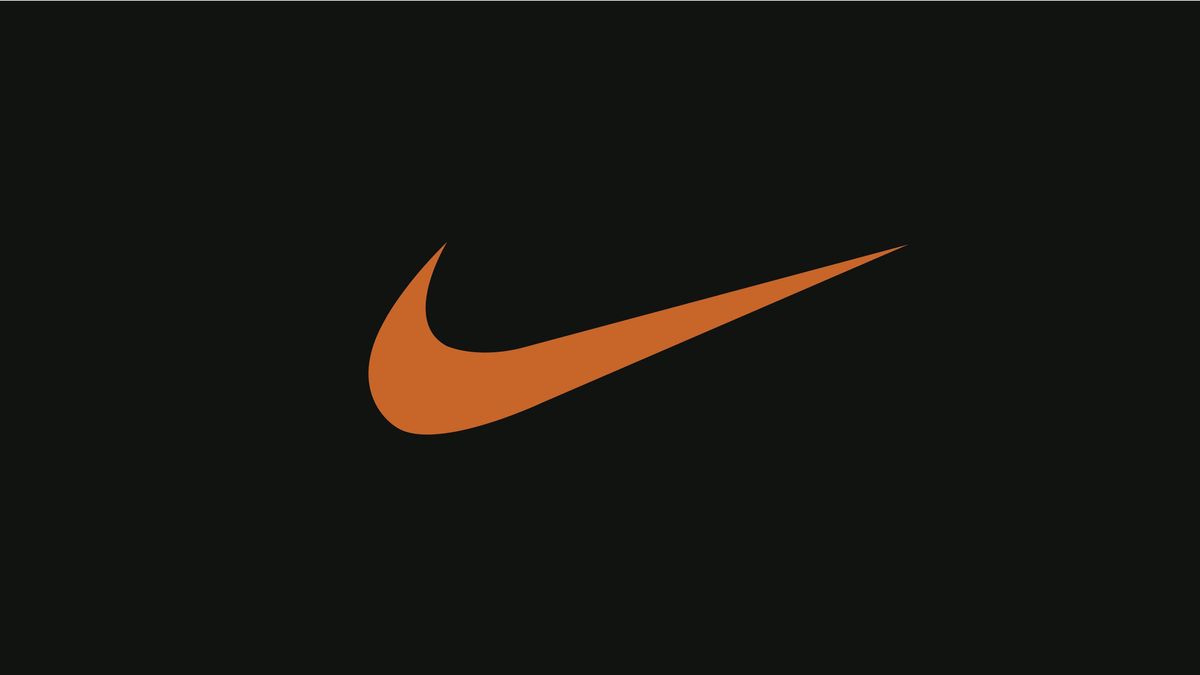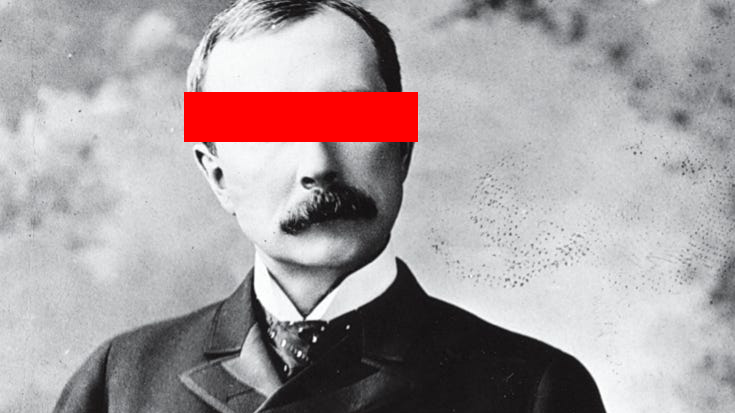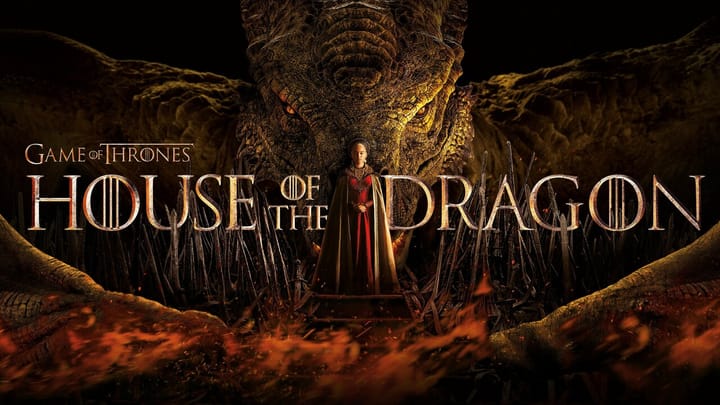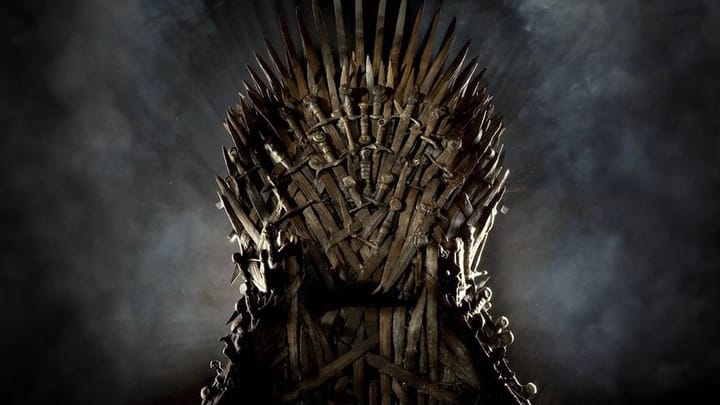Shoe Dog by Phil Knight (Nike CEO) Book Summary
"My résumé said I was a learned, accomplished soldier, a twenty-four-year-old man in full . . . So why, I wondered, why do I still feel like a kid?" – Phil Knight

The book opens with this:
It was strange being home again, strange being lashed again by the daily rains. Stranger still was living again with my parents and twin sisters, sleeping in my childhood bed. Late at night I’d lie on my back, staring at my college textbooks, my high school trophies and blue ribbons, thinking: This is me? Still?”
“On paper, I thought, I’m an adult. Graduated from a good college—University of Oregon. Earned a master’s from a top business school—Stanford. Survived a yearlong hitch in the U.S. Army—Fort Lewis and Fort Eustis. My résumé said I was a learned, accomplished soldier, a twenty-four-year-old man in full . . . So why, I wondered, why do I still feel like a kid?
Worse, like the same shy, pale, rail-thin kid I’d always been.
Maybe because I still hadn’t experienced anything of life. Least of all its many temptations and excitements. I hadn’t smoked a cigarette, hadn’t tried a drug. I hadn’t broken a rule, let alone a law. The 1960s were just under way, the age of rebellion, and I was the only person in America who hadn’t yet rebelled. I couldn’t think of one time I’d cut loose, done the unexpected. I’d never even been with a girl.
I’d have found it difficult to say what or who exactly I was, or might become. Like all my friends I wanted to be successful. Unlike my friends I didn’t know what that meant. Money? Maybe. Wife? Kids? House? Sure, if I was lucky. These were the goals I was taught to aspire to, and part of me did aspire to them, instinctively. But deep down I was searching for something else, something more. I had an aching sense that our time is short, shorter than we ever know, short as a morning run, and I wanted mine to be meaningful. And purposeful. And creative. And important. Above all . . . different.
I wanted to leave a mark on the world.
I wanted to win.
No, that’s not right. I simply didn’t want to lose.
And then it happened. As my young heart began to thump, as my pink lungs expanded like the wings of a bird, as the trees turned to greenish blurs, I saw it all before me, exactly what I wanted my life to be. Play.
At different times I’d fantasized about becoming a great novelist, a great journalist, a great statesman. But the ultimate dream was always to be a great athlete. Sadly, fate had made me good, not great. At twenty-four I was finally resigned to that fact. I’d run track at Oregon, and I’d distinguished myself, lettering three of four years. But that was that, the end. Now, as I began to clip off one brisk six-minute mile after another, as the rising sun set fire to the lowest needles of the pines, I asked myself: What if there were a way, without being an athlete, to feel what athletes feel? To play all the time, instead of working? Or else to enjoy work so much that it becomes essentially the same thing.
Phil Knight Timeline
- Born February 24, 1938
- Journalism degree at University of Oregon 1955-1959
- Served active duty in army 1959-1960
- Stanford Graduate School of Business 1960-1962 (age 22-24)
- Came up with the idea for Blue Ribbon Sports 1962 (age 24)
- Became a CPA and did accounting at Coopers & Lybrand, later Price Waterhouse 1964 (age 26)
- Co-founded Blue Ribbons Sports (later renamed Nike) w/ Bill Bowerman 1964 (age 26)
- Quit being an accountant and became a professor to focus more on Blue Ribbon 1967 (age 29)
- Married Penelope Parks and later had 2 children 1968 (age 30)
- Quit being a professor to work full time on Blue Ribbon (just before age 31)
- Nike logo and name created 1971
- Blue Ribbon becomes Nike, Inc. 1978
- Nike signs Jordan to 5 year contract 1985
- Just do it. Tagline created 1988
- Nike signs Tiger Woods to 4 year contract 1996
- Nike’s highest revenue ever $46.7 billion 2022
Key Takeaways
- “You are remembered for the rules you break.” — Douglas MacArthur
- “The man who moves a mountain begins by carrying away small stones.” — Confucius
- Write everything down. Journal about everything. Document it. You’ll forget otherwise.
- Don’t tell people how to do things. Tell them what to do and let them surprise you with the results.
- Selling is the transfer of enthusiasm. You need to believe in what you’re selling. Phil believed that if everyone got out and ran, the world would be a better place. And he believed that his shoes were better to run in. People sensed his belief and conviction and wanted to buy from him.
- “There are many ways down the mountain, but only one way up.” — Phil Knight
- Churchill, Kennedy, and Tolstoy were his idols. He read everything he could find about them.
- He studied military generals and samurai. Business is like war without bullets.
- Don’t talk too much. None of Phil's idols talked very much.
- Johnson (the first full-time employee) got info on his customers and sent them Christmas cards, birthday cards, and congratulations letters after a big run.
- Johnson would correspond with customers and give them advice and info about injuries.
- Build an email list and then talk to your customers. What do they need? How can you help? How can you make your product better?
- Blue Ribbon Sports took 5-7 years before it made enough money for him to work on it full-time.
- Phil worked as an accountant before Blue Ribbon flourished. He was a CPA at PWC. He later became an accounting professor.
- In 1967, at age 29, he was working 6 days a week at Price Waterhouse. While doing early mornings, late nights, weekends, and vacations at Blue Ribbon. No friends. No exercise. No social life.
- Your entire 20s (and maybe 30s) need to be all work.
- In his 30s, when he was full-time at Blue Ribbon, Phil kept questioning if it was feasible to run a startup while trying to start a family. He’d ask himself if he should go back to teaching or accounting. Dozens if not 100s of times, Phil thinks the company will go bankrupt. The business was still struggling when Phil was 36. Most people would have given up by then. Nike was always short on cash until it IPOs in 1980, when Phil was age 42.
- Sony was the Apple of its day. Phil used Sony as a business idol—something to emulate.
- Phil forgot a lot of his memories from working at Blue Ribbon. He says he wishes he had used a tape recorder or kept a journal so he could remember the journey.
- Document the journey. Record everything. Take notes.
- At the end of the book, Phil is in his 70s and he says he regrets not spending more time with his sons.
- Phil's advice to young people: Think long and hard about how they want to spend their time—and who they want to spend it with.
- People in their mid 20s should not settle for a job, profession, or career. Seek calling.
- Know when to pivot, but never give up. Use what you learned, your experiences, and connections to get to the next level.
- This was 1962. The earth was bigger then. Though humans were beginning to orbit the planet in capsules, 90 percent of Americans still had never been on an airplane. The average man or woman had never ventured farther than one hundred miles from his or her own front door, so the mere mention of global travel by airplane would unnerve any father, and especially mine, whose predecessor at the paper had died in an air crash.
- The main theme of the book is keep going, don’t stop.
- Phil is very well-read.
- Phil constantly analyzes himself and his life and looks for ways to improve.
- Phil constantly studies history and key figures. He quotes them throughout the book.
- Adidas was bigger than Nike.
- What is our aim? Victory.
- Blue Ribbon became Nike.
- Bill Bowerman is a Nike co-founder.
- Bill Bowerman was a coach and he always tinkered with his college team’s shoes. He’d cut parts out, stitch them up. He believed that lighter shoes were key. Lighter shoes = more speed = winning.
- The people who are the best at what they do often consider themselves teachers. Bill Bowerman did, Buffett did, Feynman did, Sam Walton did, Bezos did.
- Bowerman thought that running could teach you how to deal with life and get through difficult points.
- Bowerman was wildly vengeful.
- Bowerman’s mile strategy: set a fast pace for the first two laps, run as fast as you can on the third, and 3x that pace on your fourth. It makes no sense but it works. Bowerman coaches more sub-4-minute milers than anyone ever.
- If something’s important you have to control it. Don’t let a manufacturer or a banker or investor control you.
- “The best thing about startups is you only feel two emotions: euphoria and terror.” — Marc Andreessen
- “There were many ways down Mount Fuji, according to my guidebook, but only one way up. Life lesson in that, I thought.” — Phil Knight
- “Unlike the climb up, the climb down took no effort, and no time.”
- You can easily lose your success.
- Running was seen as weird in 1965.
- Adidas was one of Nikes biggest competitors. This drove Phil to beat them.
- Blue Ribbon still couldn’t afford to give Phil a salary.
- He decides to switch to being a professor at Portland State University. Because it’s less work than Price Waterhouse.
- Find what you love to do and no one can keep up.
- Right before age 31, Blue Ribbon makes enough money to pay Phil a salary so he quits his teaching job to be full-time at Blue Ribbon.
- He’s a loner and an introvert but highly competitive.
- He’s riddled with self-doubt.
- Phil’s wholesaler is trying to replace him with other shoe businesses and the banks won’t lend him money because he spend all the money immediately on inventory. They were supply constrained—demand was huge.
- Nike is the Greek goddess of victory.
- A shoe dog is someone who spends all day thinking and talking about shoes and making shoes.
- No matter the endeavor, total effort will win people’s hearts.
- He has one singular goal: sell more shoes.
- Beating the competition is relatively easy. Beating yourself is a never-ending commitment.
- The ad should focus on the spirit behind the product, not the product itself.



Comments ()